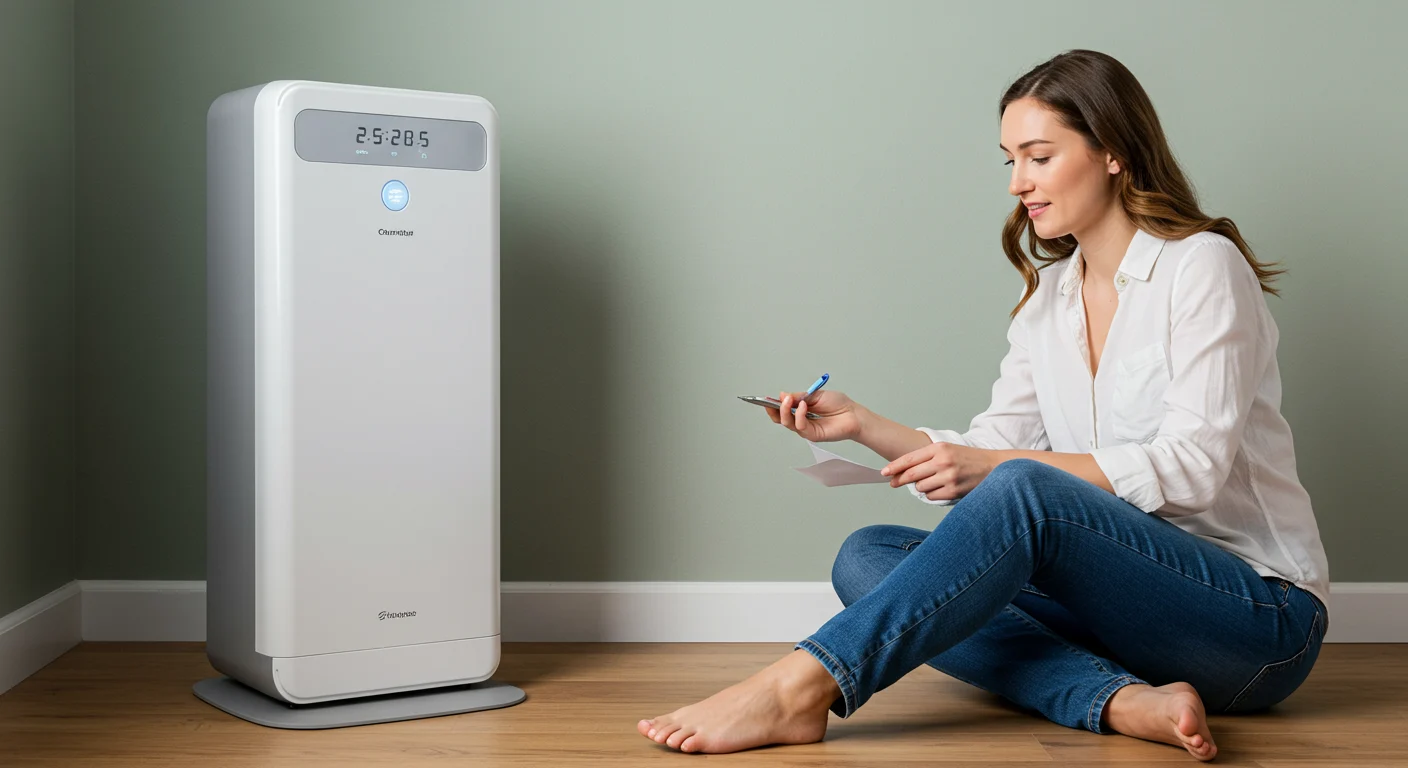
Can an Air Purifier for Dust Help With Allergies?
Short answer: yes, but they’re not magic. The right unit in the right room can noticeably dial down sniffles, itchy eyes, and that foggy “why does my head hate me” feeling. Here’s the thing—an air purifier for dust mainly helps with the particles that actually float around long enough to be captured. Let’s unpack what the research says and what actually matters at home.
What the data actually says
When researchers put HEPA purifiers in real bedrooms and living rooms, they consistently see less particulate matter in the air—think 30–80% drops in PM2.5 depending on room size and fan speed. Symptoms usually follow: several controlled trials report modest but real improvements in allergic rhinitis scores (stuffiness, sneezing, sleep quality), and some families even use fewer rescue meds at night. Not a cure, but not nothing. And believe it or not, placement and run time can matter as much as the model. If you’re shopping an air purifier for dust, look for evidence of strong dust CADR and keep expectations grounded: it’s a relief tool, not a replacement for cleaning or encasing bedding.
Dust vs. allergens, in plain English
“House dust” is a messy mix: skin flakes, fabric fibers, pollen fragments, pet dander, soot, and yes—bits of dust mite allergen. Bigger pieces settle fast. The stuff that stays airborne is what a purifier catches. That’s why you’ll feel the biggest win with floating allergens like dander and pollen, and fine pollution from outdoors. Dust mites mostly live in fabric (mattresses, pillows, carpets), so an air purifier for dust helps with airborne fragments but won’t fix a mite reservoir. Pair it with encasements and regular hot washes, and you’re suddenly playing a different game.
What to look for if you’re buying
Stick with True HEPA (H13 or better if available) and ignore fuzzy labels like “HEPA‑type.” Match the purifier’s clean air delivery rate (CADR) to your room—aim for about 4–5 air changes per hour in the space you actually breathe the most (usually the bedroom). Carbon filters help odors and smoke, but they don’t catch dust. Auto mode is nice, noise matters more than you think, and filter costs are the long game. Oh, and avoid ozone generators—hard pass. If you specifically want an air purifier for dust, check the dust CADR number first and size up if you can.
Real‑world tweaks that actually move the needle
Put the unit where you spend hours, not where it looks cute—near your bed or sofa, with a little breathing room from walls. Run it 24/7 on the quietest setting you can tolerate, and kick it up to high for a quick clean when you get home or start chores. Keep windows and doors shut when it’s on, otherwise you’re purifying the neighborhood. Rinse or vacuum pre‑filters so the HEPA can do its thing. And vacuum with a sealed HEPA vacuum so you don’t blow dust back out. That combo plus a solid air purifier for dust is where most people notice the difference.
Do you even need one? Quick gut‑check
If your triggers include pollen, pet dander, or urban pollution, a purifier is usually worth it—especially in the bedroom. If dust mites are your main nemesis, start with pillow and mattress encasements and hot washing. Live in a newer home with MERV‑13+ central filtration that actually runs? You might get less mileage from a standalone unit, unless you want a quiet bedroom zone. If you’re on the fence, borrow one for a week and see if your morning congestion changes. That’s the most honest test of an air purifier for dust in your space.
Bottom line (and where to go next)
Air purifiers aren’t a silver bullet, but the data backs them for cutting airborne particles and easing allergy symptoms when they’re sized and used right. If you want the easy route, I pulled together my hands‑on picks at Consumer's Best—quiet bedroom machines, big‑room workhorses, and a budget air purifier for dust that punches above its price. If it helps you breathe better and sleep deeper, you’ll feel it in a week.








